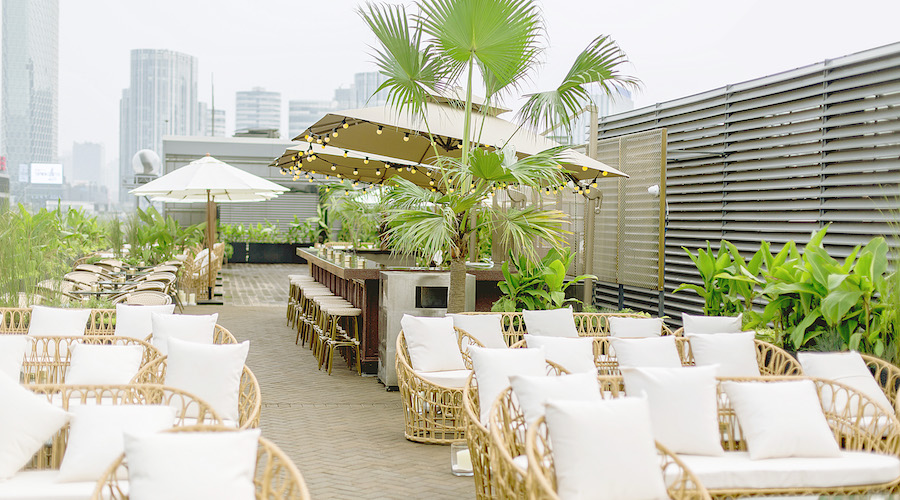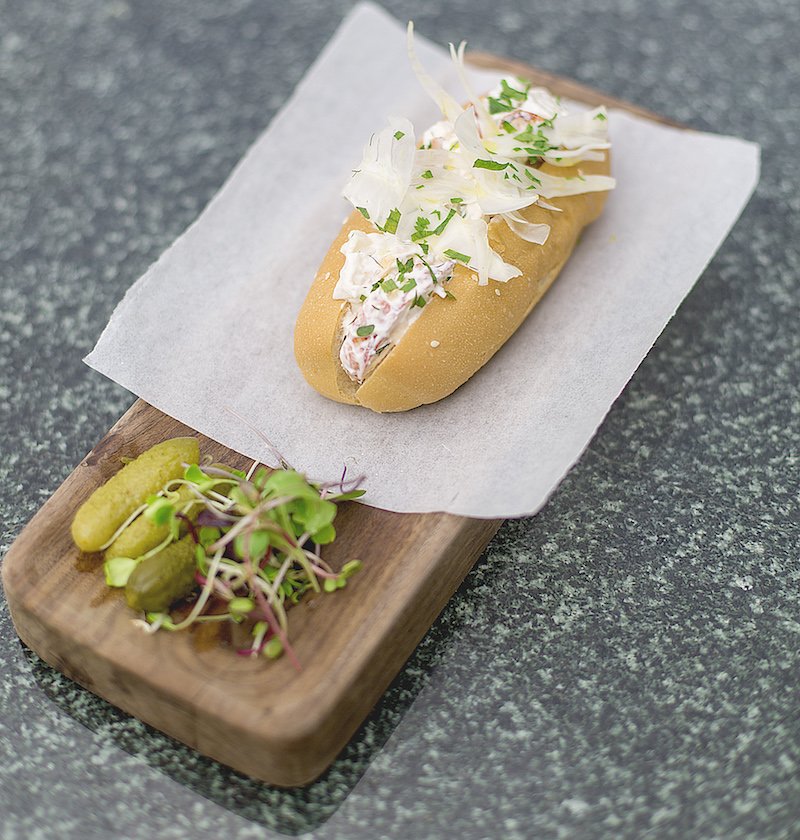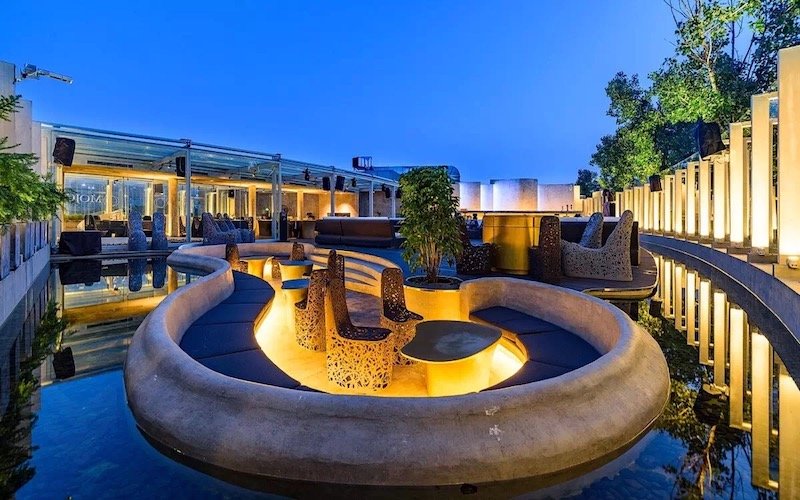“You realize the romanticism of courtyard living wore off for me in the first 14 years of my life? Also, the pipes in the bathroom are frozen again.”
Such was courtyard living circa 2008. My wife and I lived in a pingfang, a courtyard within a courtyard set out of sight – although not out of earshot – of 32 households of neighbors surrounding us. It was a communal experience not unlike Burning Man or one of your nicer labor camps, except that we were paying RMB 4,500 a month for the privilege. A bargain in these days of avaricious landlords and runaway rents. We almost forgot that the bathroom was a short walk outside of our house.
It was an eventful few years. During our time in the courtyard we gained two cats and lost a hamster (sadly, these events were related). We also adopted a turtle.
The turtle was nearly a victim of our lackadaisical approach to courtyard maintenance when we came back from a long weekend only to find our heater had stopped sometime the night before, or at least that’s what we estimated from the thickness of the ice in the turtle’s bowl. Fortunately, we were able to thaw him out with a hair dryer and he was no worse for the experience. Strong stuff, these hutong wee turtles.
Living in the hutong was also a great way to improve the ability to engage in multilingual small talk. I learned this the first time I came home from work and the first neighbor I encountered looked at me and exclaimed, “You’ve come home!”
I wasn’t sure how to respond. “Yes?” “I’m here?” “Is this an existential question?”
No, it was just the local art of making conversation: Observe what somebody is doing and then ask them if they are doing it. The response is, of course, to confirm the observation. Easy peasy.
“Making dinner?”
“Making dinner.”
“Bought groceries?”
“Bought groceries.”
“Sitting on the stoop plotting bloody revenge against the neighbor shtupping your wife?”
“Sitting on the stoop. Plotting revenge against said neighbor.”
I thought this would be a cool way to embed with the local culture. My wife disagreed. Or as she put it, tongue ever so slightly in cheek, “This would be like moving back to your hometown in New Hampshire and, because I wanted to get in better touch with you people, insisted we live in a trailer park for two years.”
I accused her of being elitist, and to be fair she was kidding (sort of), but she did also have a point. She grew up in a large mixed yard in nearby Tianjin. For her, as for many of her generation, the courtyard was something to escape, to rise above.
Dolce and Gabbana recently ran afoul of Chinese social media when they scheduled a photo shoot depicting models posing in the hutongs. Detractors complained that the setting reinforced overseas impressions of China as being backwards and undeveloped. Why not in front of the National Center for the Performing Arts? Why not in front of the Parkview Green Mall? Where is modern Beijing?
Ultimately the desire of international residents to live in the hutongs suggests less a rejection of China’s modernity than a different understanding of what it means for a city to be modern. In this alternative vision, modernity is not about malls with parking lots full of cars but neighborhoods which still function as living communities while preserving and respecting the past and Beijing’s distinctive local culture.
Living in the courtyard can be a trip to the past, but maybe, just maybe, it can also be a glimpse into a possible future.
This article first appeared in the July/August issue of the Beijinger.
Jeremiah Jenne is a writer, educator, and historian based in Beijing since 2002. He maintains the Chinese history and culture website Jottings from the Granite Studio is also the founder of Beijing by Foot, which offers historical walks, tours, and workshops in Beijing. You can find him on Twitter @granitestudio.
Photo: Flickr (Vincentraal)
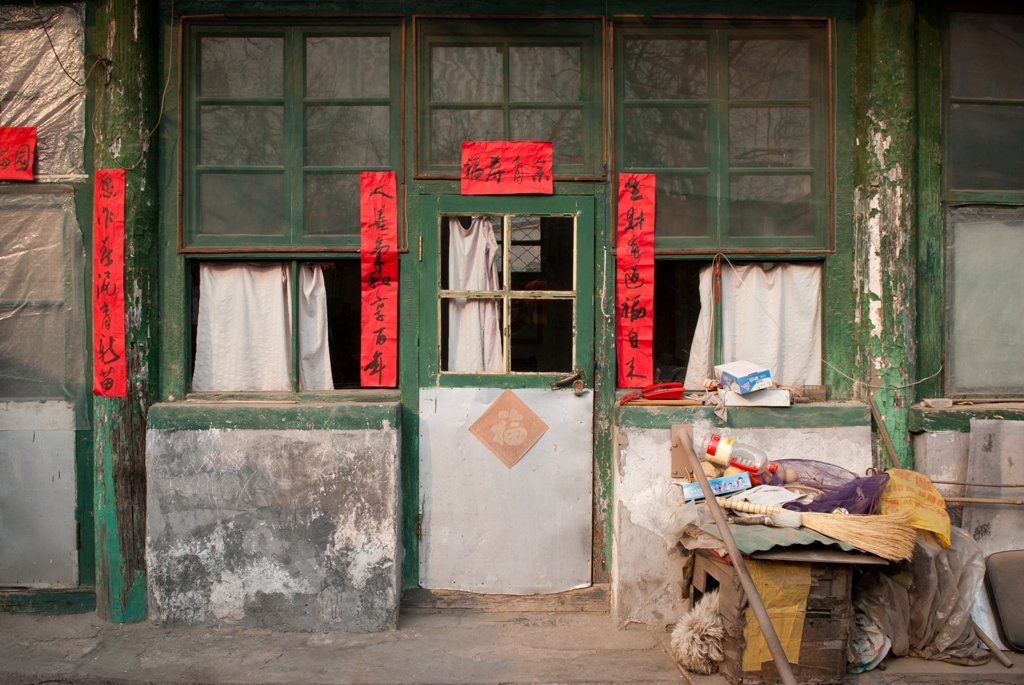

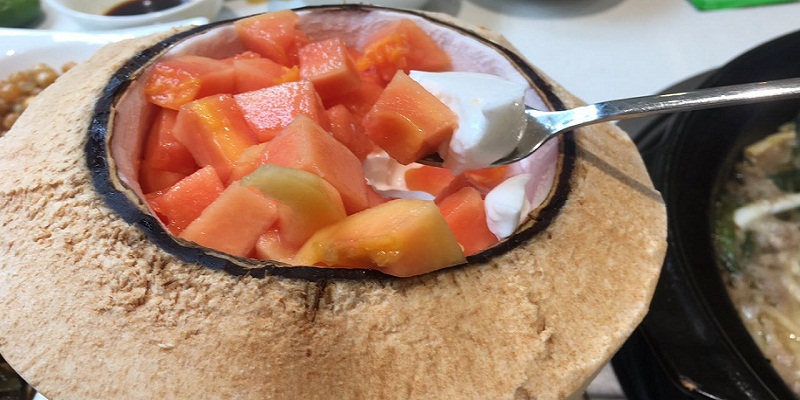


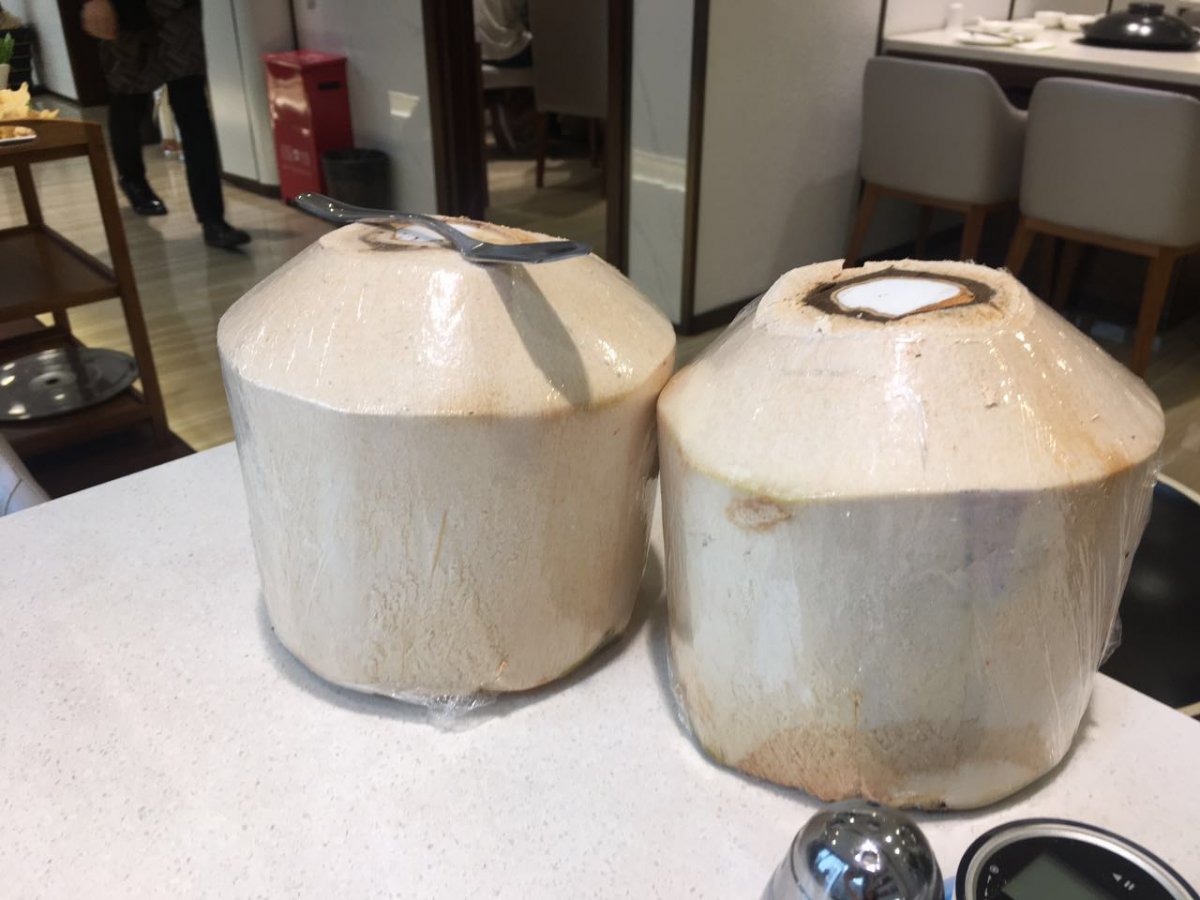


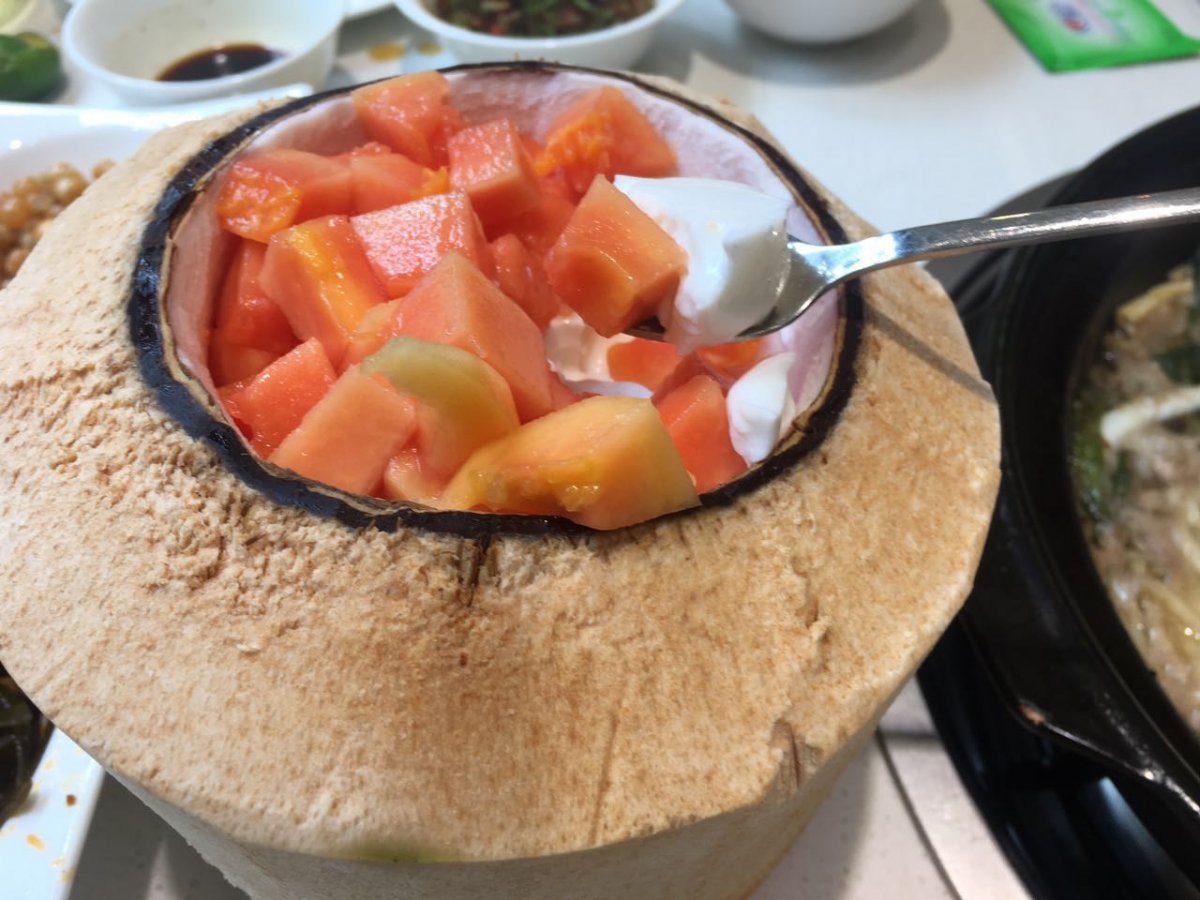




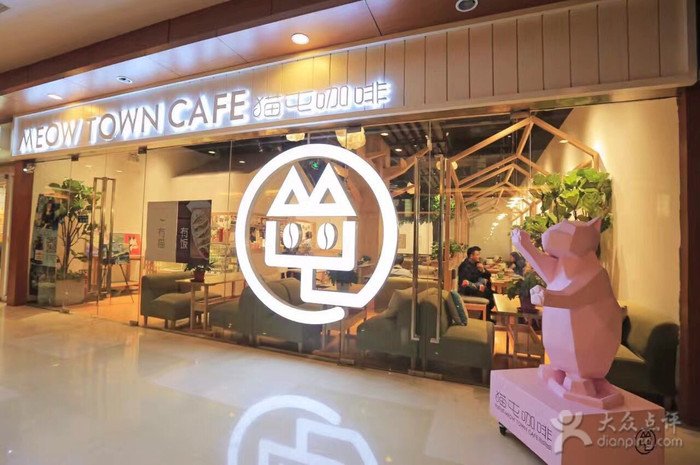

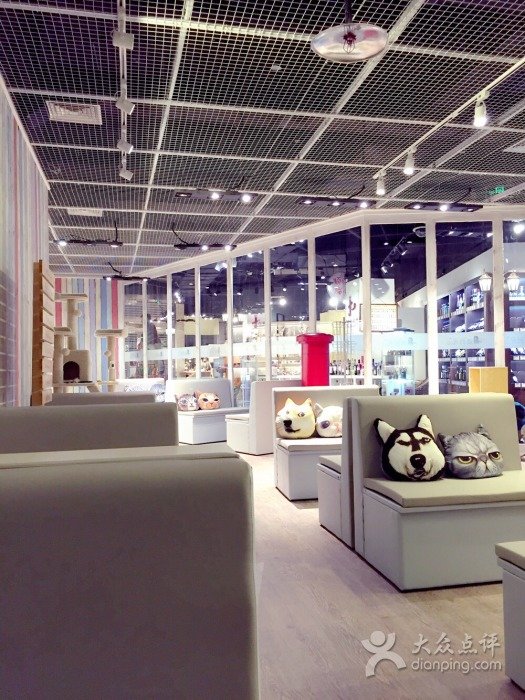

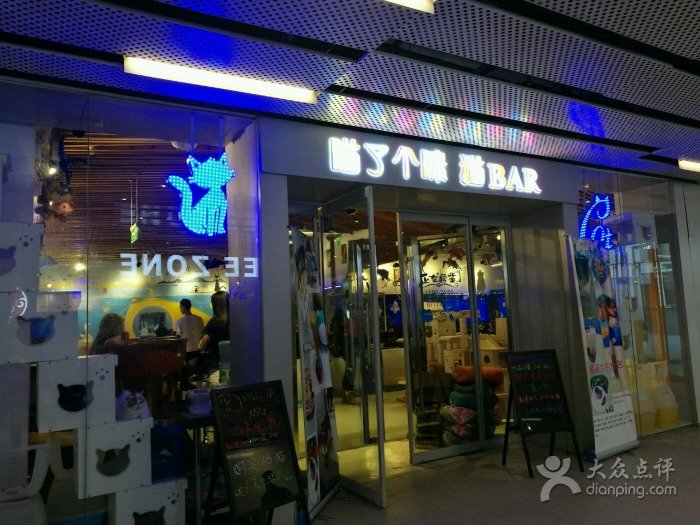
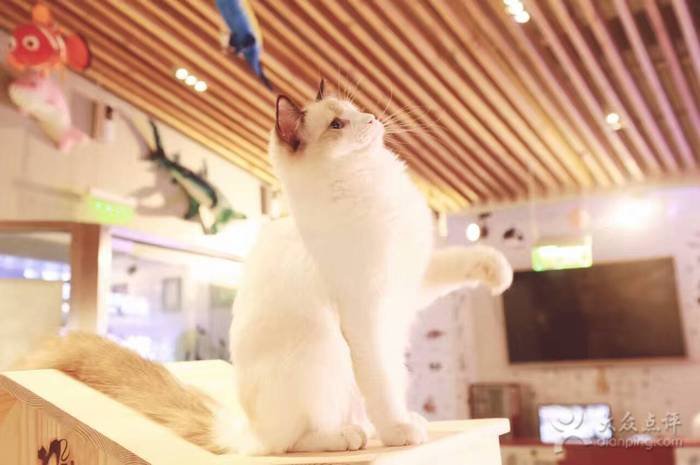
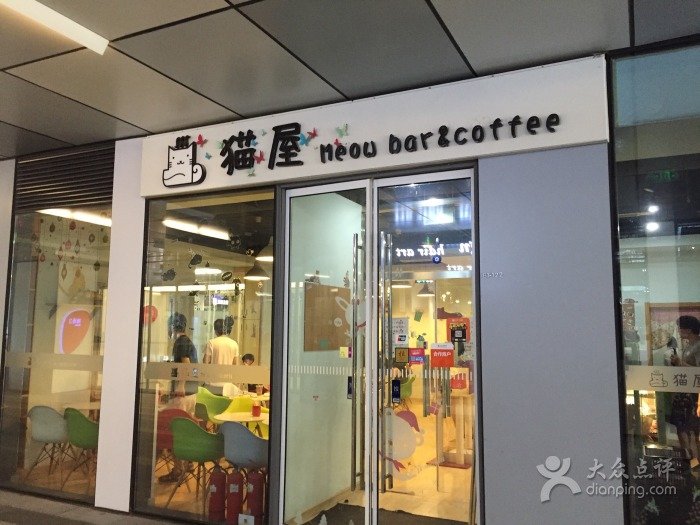

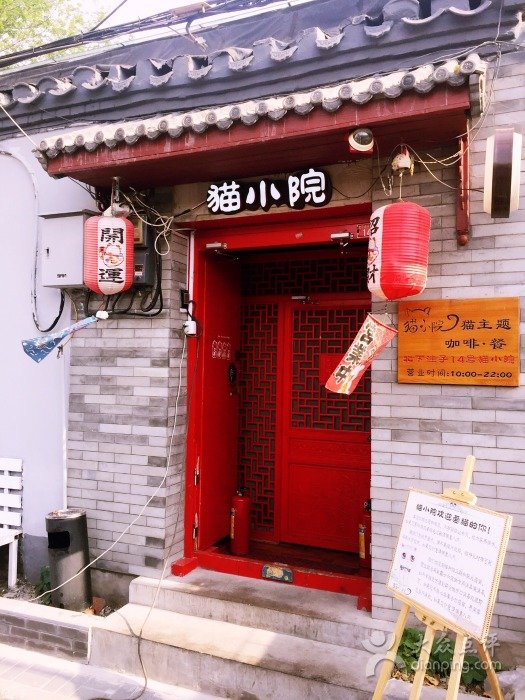
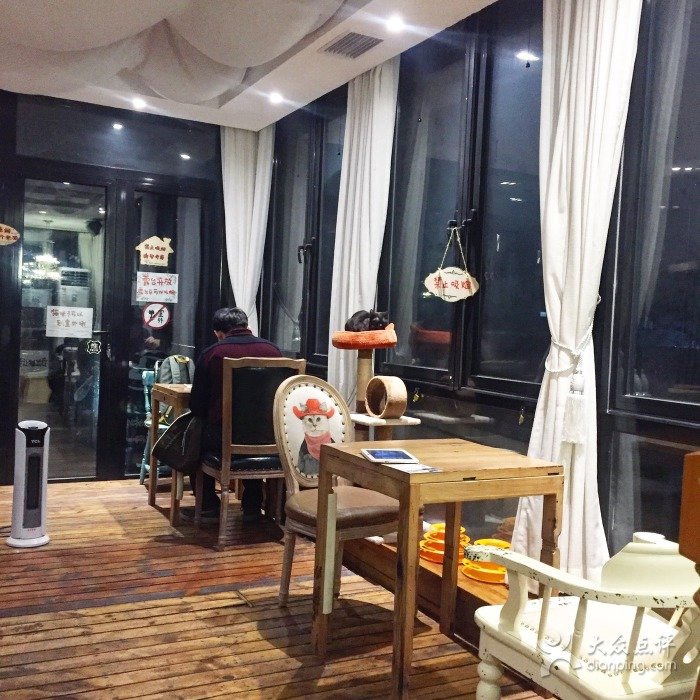



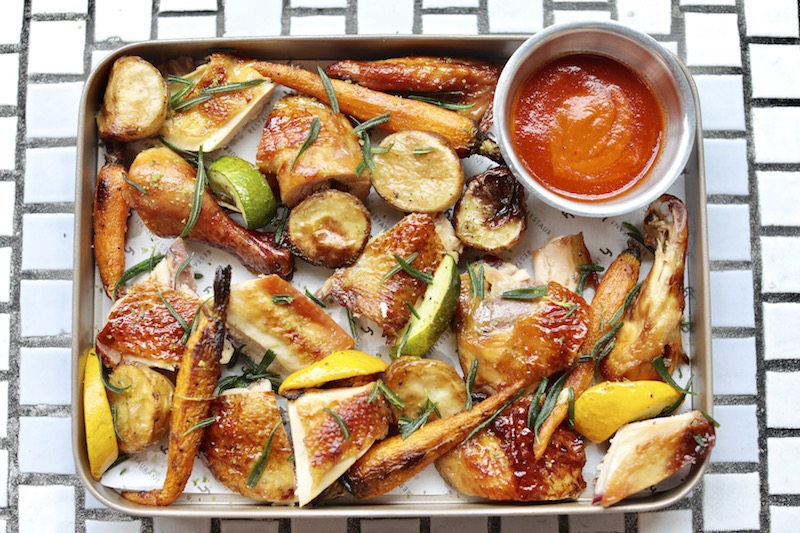
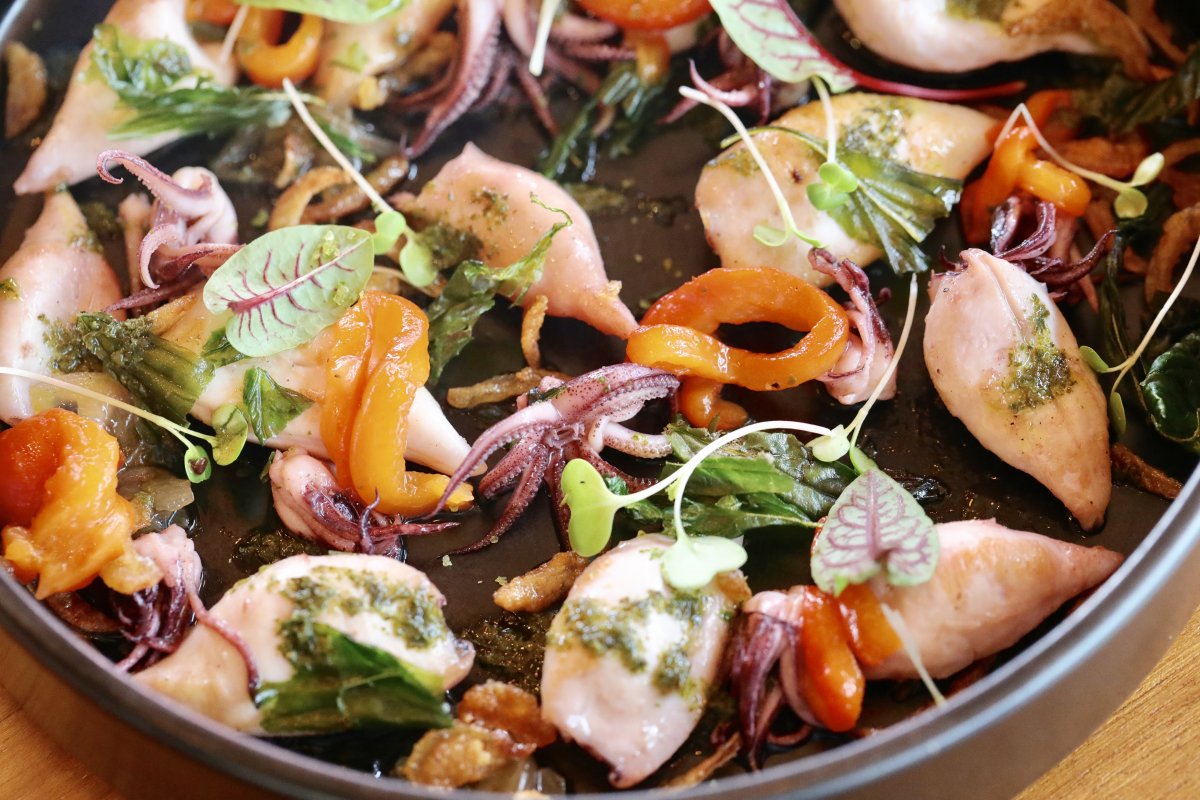 Those mains have a rustic, time-honored quality that contrasts sharply with the desserts, which are among the fanciest we’ve tried in some time. The fragrant and decadent jasmine chocolate mousse (RMB 69) is so richly creamy you’ll feel almost scandalously indulgent, and its caramelized outer layer raises its sugariness even further, as impossible as that seemed at first. Those of us with a little more inhibition might instead try the more reasonably sweet passion fruit coconut yogurt mousse (also RMB 69), which has a gentler, more wholesome flavor.
Those mains have a rustic, time-honored quality that contrasts sharply with the desserts, which are among the fanciest we’ve tried in some time. The fragrant and decadent jasmine chocolate mousse (RMB 69) is so richly creamy you’ll feel almost scandalously indulgent, and its caramelized outer layer raises its sugariness even further, as impossible as that seemed at first. Those of us with a little more inhibition might instead try the more reasonably sweet passion fruit coconut yogurt mousse (also RMB 69), which has a gentler, more wholesome flavor. 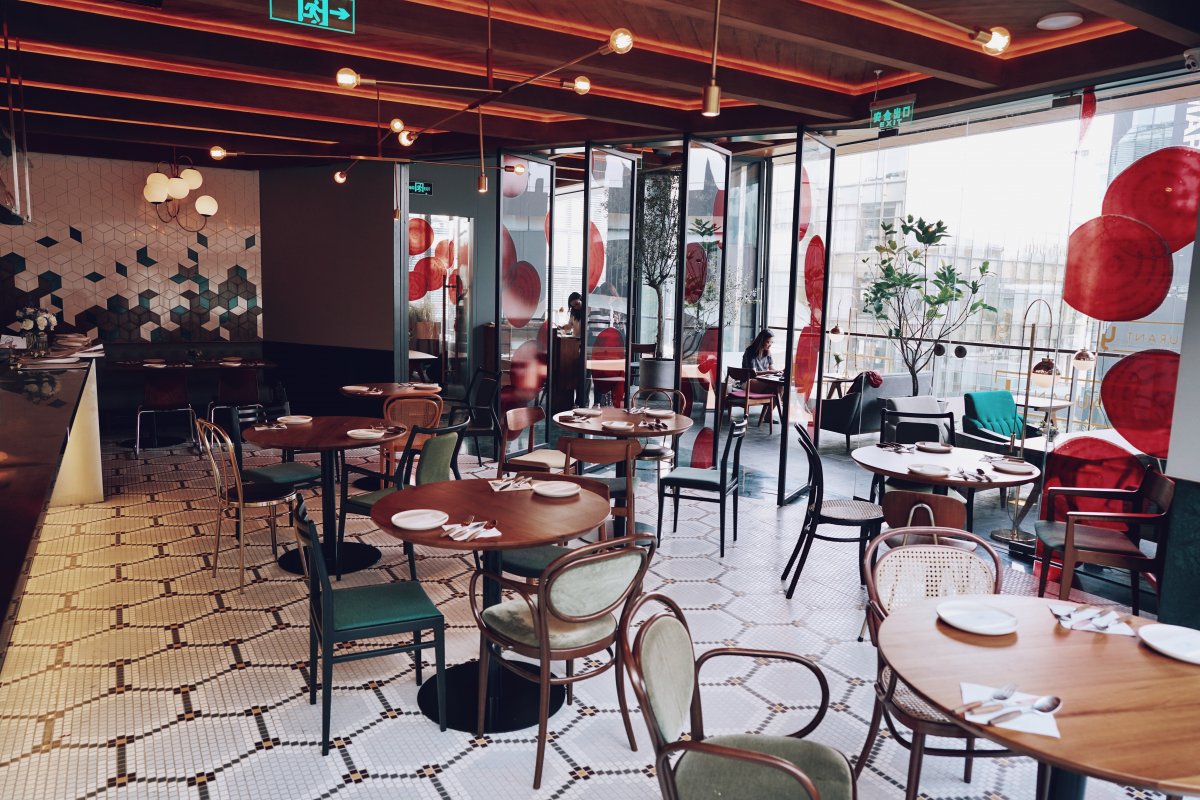 The restaurant has a spacious, relaxed vibe with modern décor and a picturesque view of Sanlitun. Its place on the second floor of a new-ish building with two other red hot venues – Bad Farmer on the ground floor below, and the much-hyped new Rouge above – all bode well for Sanlitun North, a portion of the neighborhood that was always much sleepier than its Taikooli and Courtyard 4 neighbors further south. That increasingly buzzed location is a huge bonus, but Y would be a hit no matter where it opened, thanks to its deliciously rustic fare and breezy ambiance.
The restaurant has a spacious, relaxed vibe with modern décor and a picturesque view of Sanlitun. Its place on the second floor of a new-ish building with two other red hot venues – Bad Farmer on the ground floor below, and the much-hyped new Rouge above – all bode well for Sanlitun North, a portion of the neighborhood that was always much sleepier than its Taikooli and Courtyard 4 neighbors further south. That increasingly buzzed location is a huge bonus, but Y would be a hit no matter where it opened, thanks to its deliciously rustic fare and breezy ambiance.


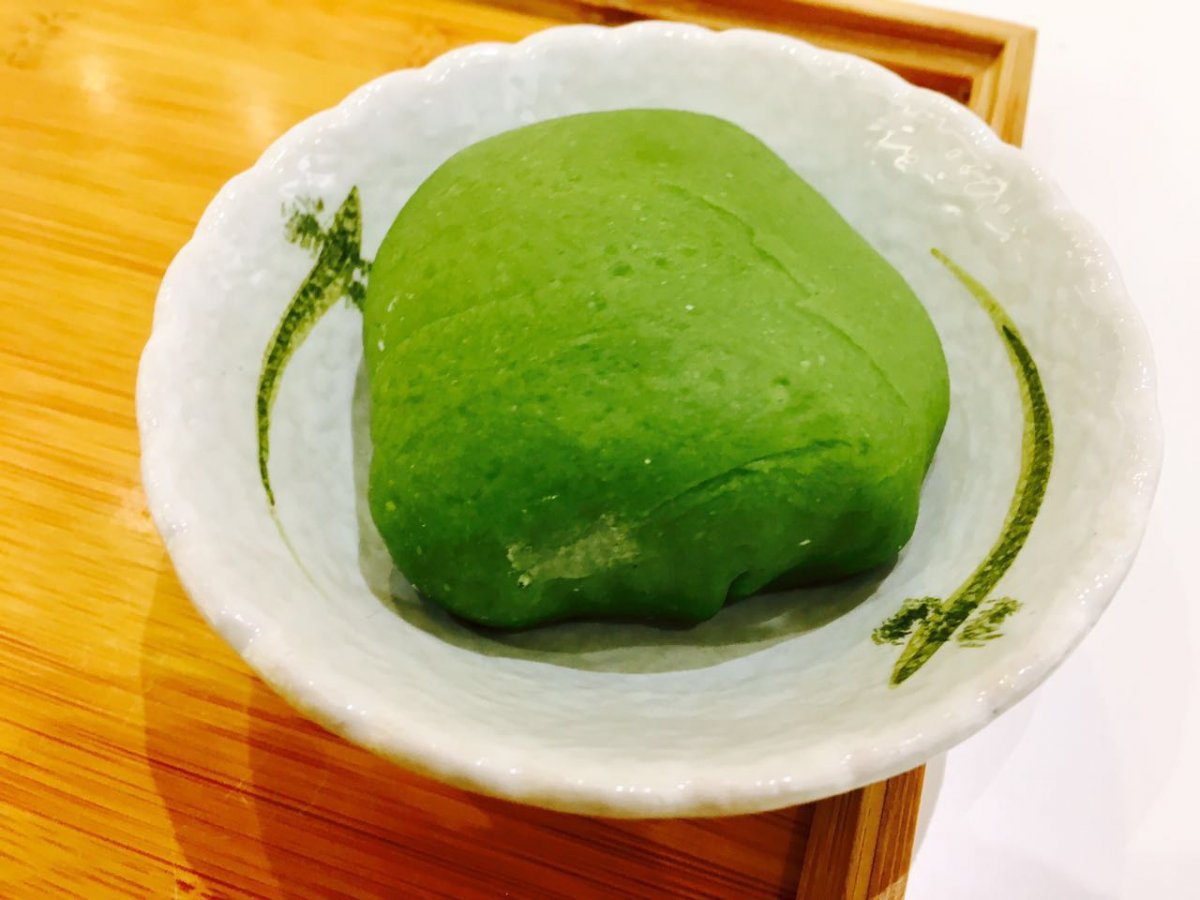





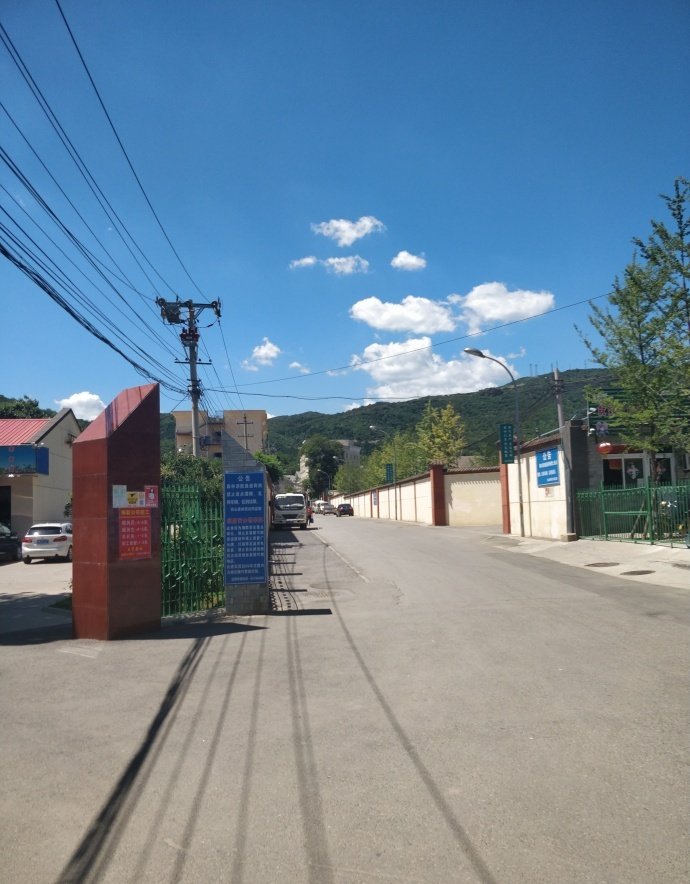

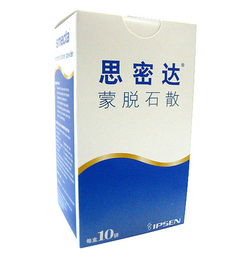
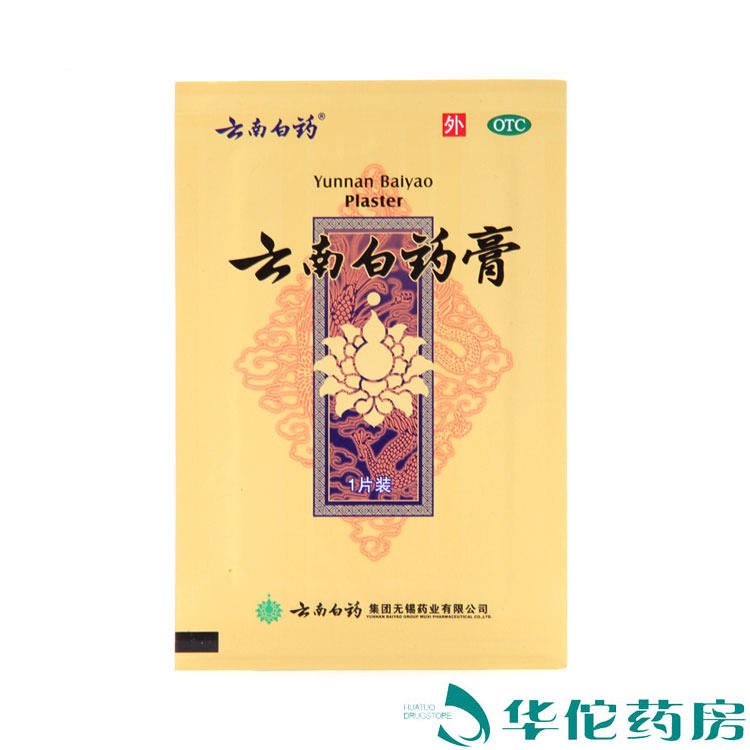

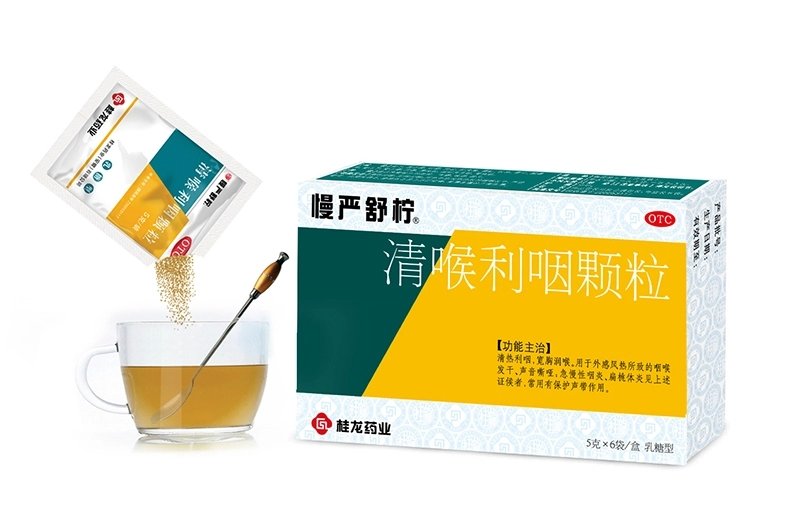

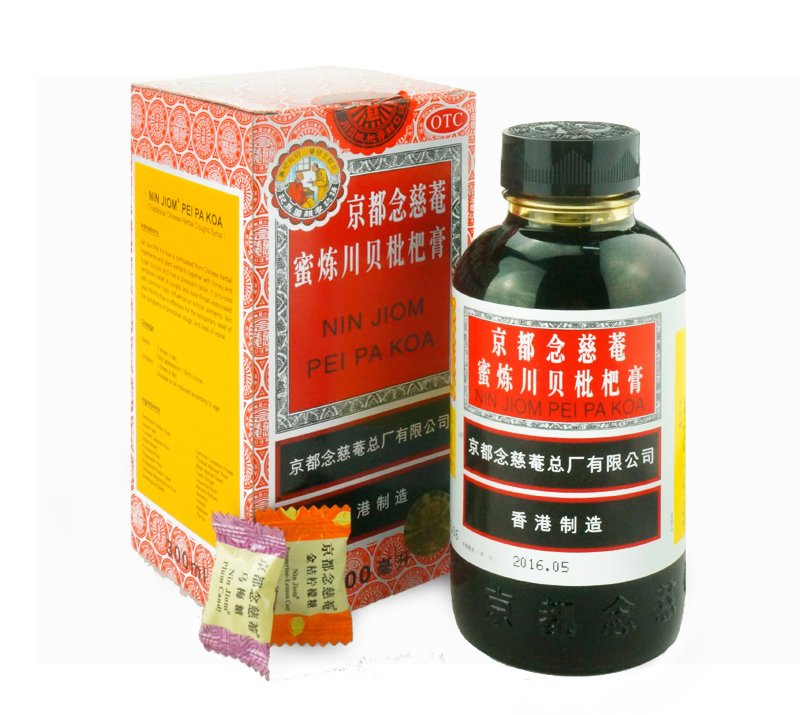
 Cold and Fever: Kāng Tài Kè /康泰克 (RMB 11, though a passport or ID is required to buy)
Cold and Fever: Kāng Tài Kè /康泰克 (RMB 11, though a passport or ID is required to buy)


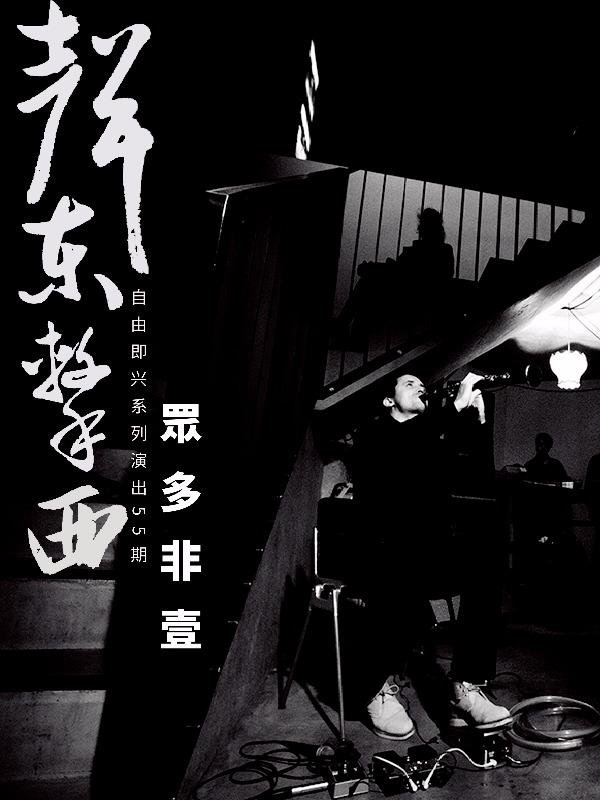
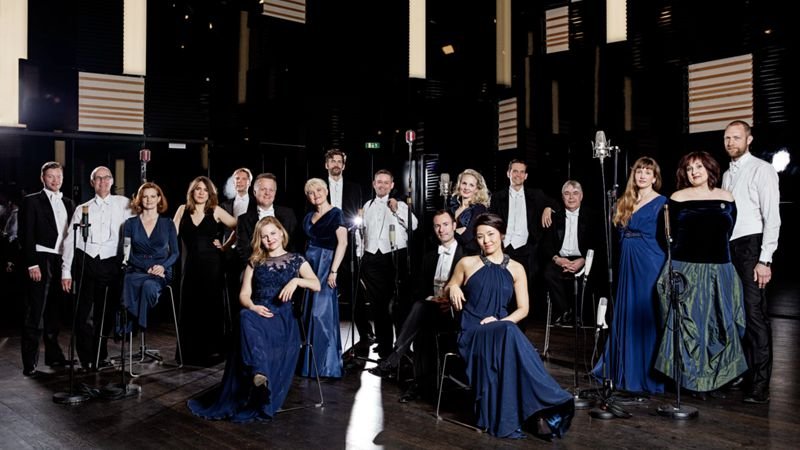


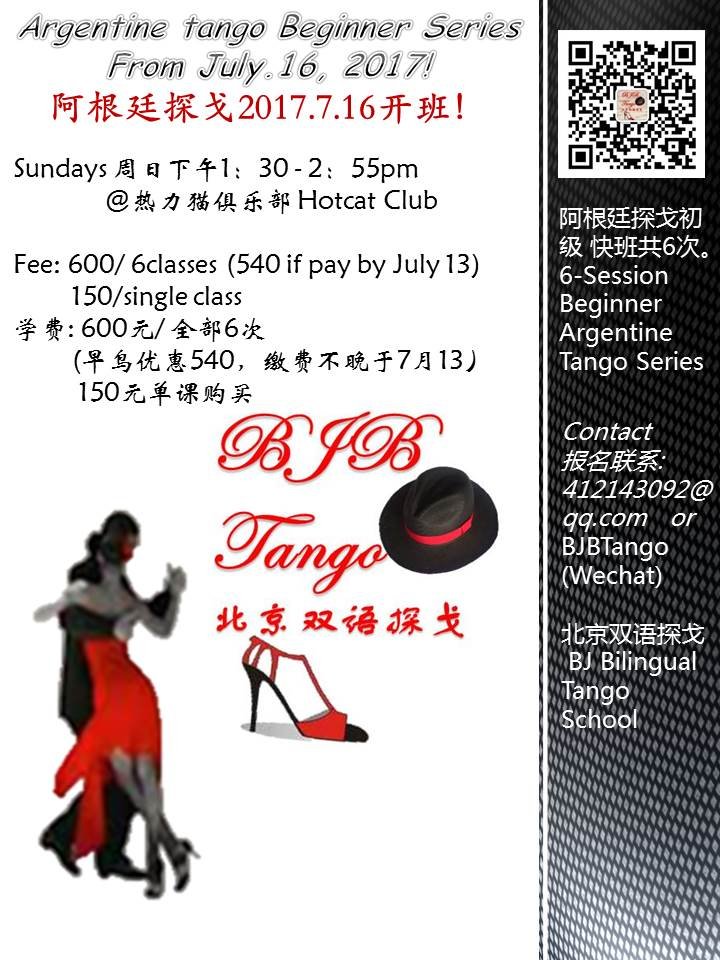






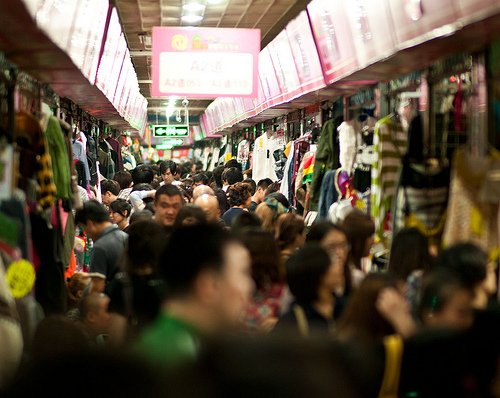














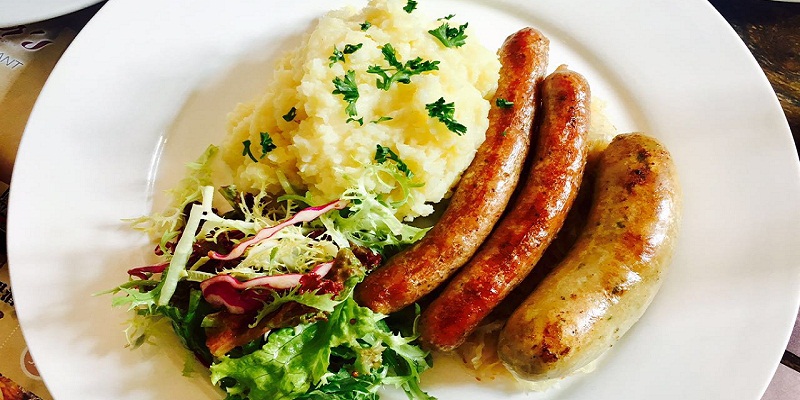



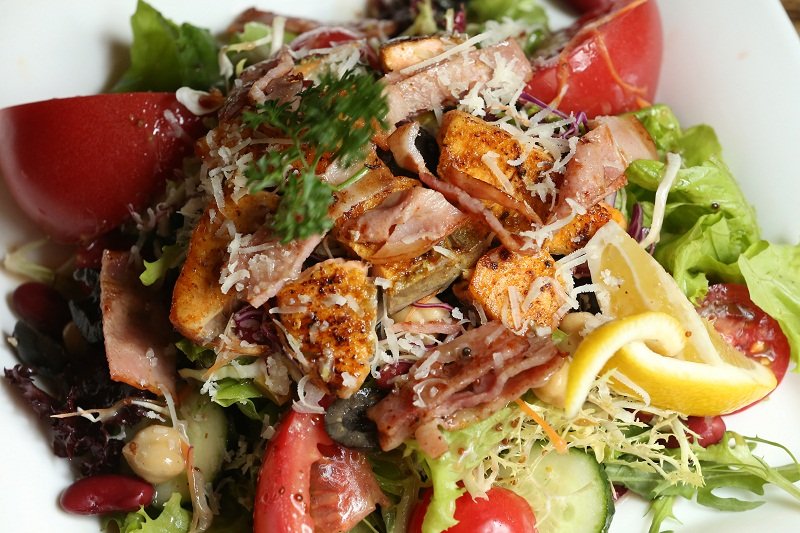

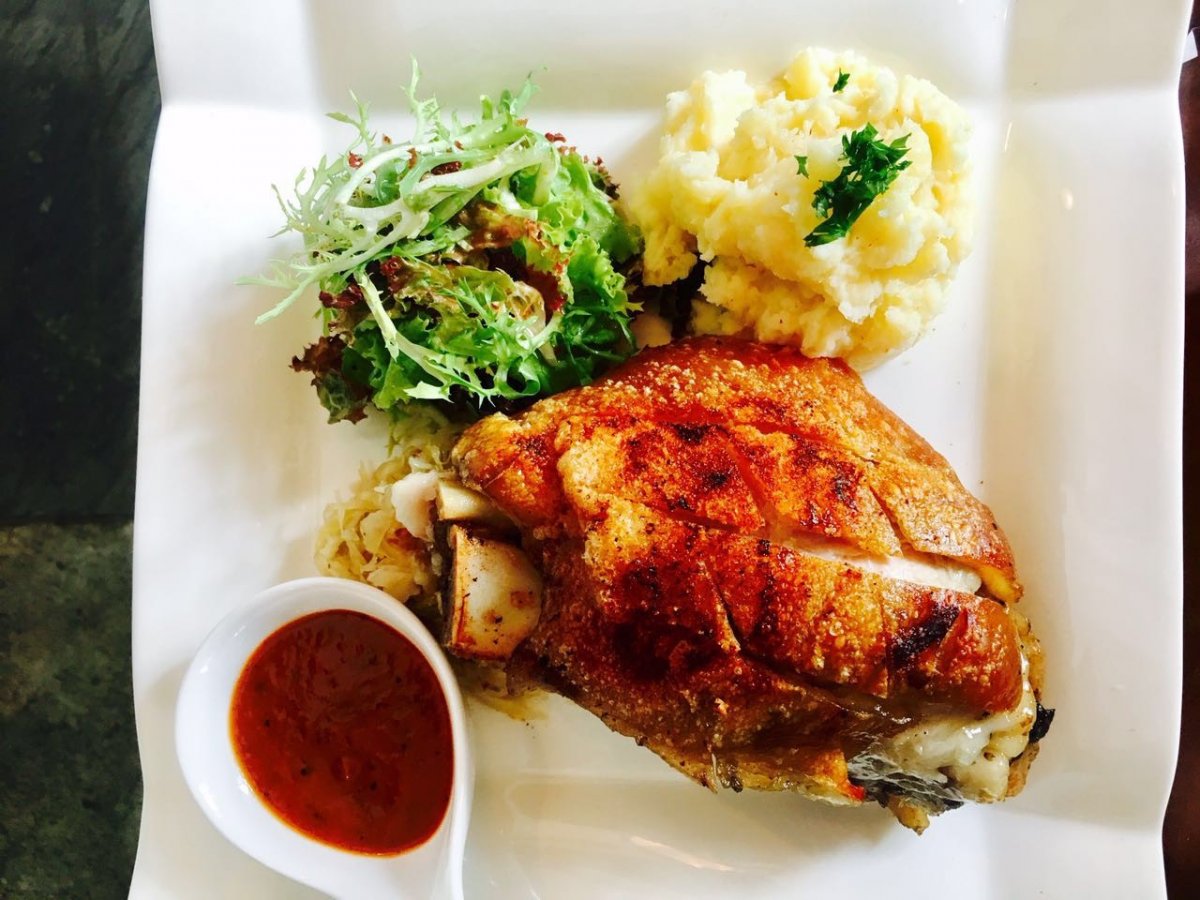

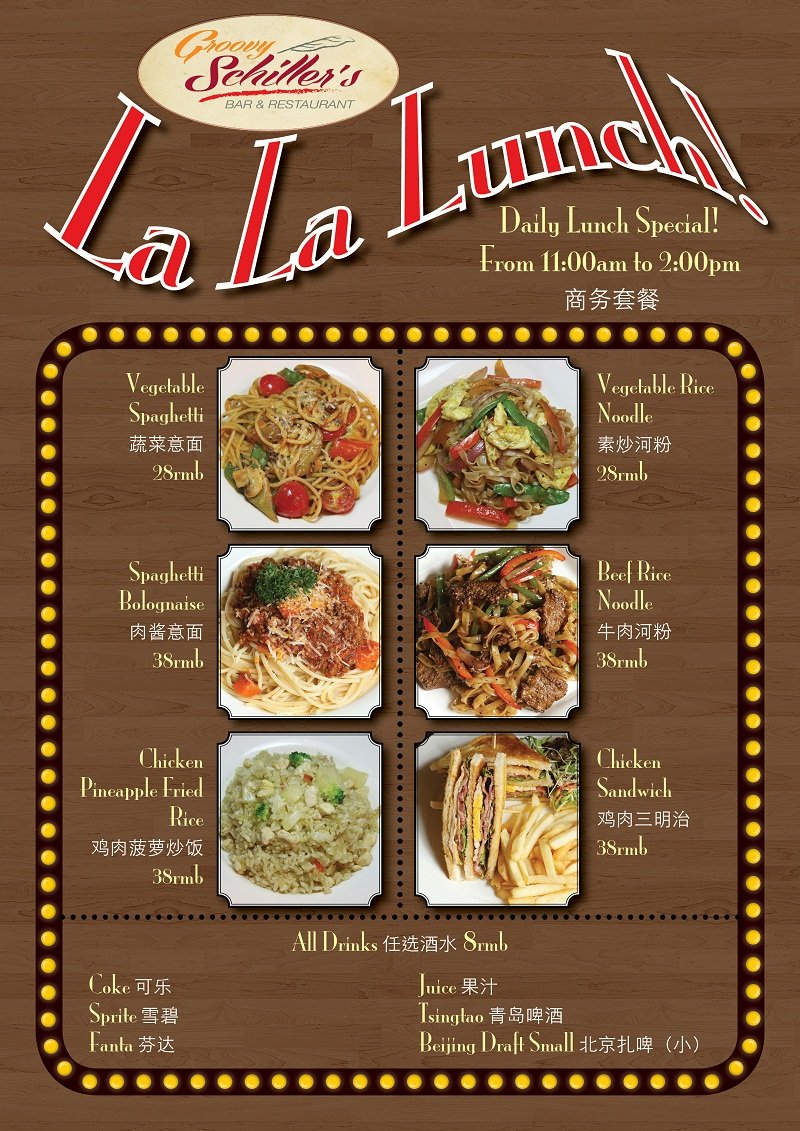









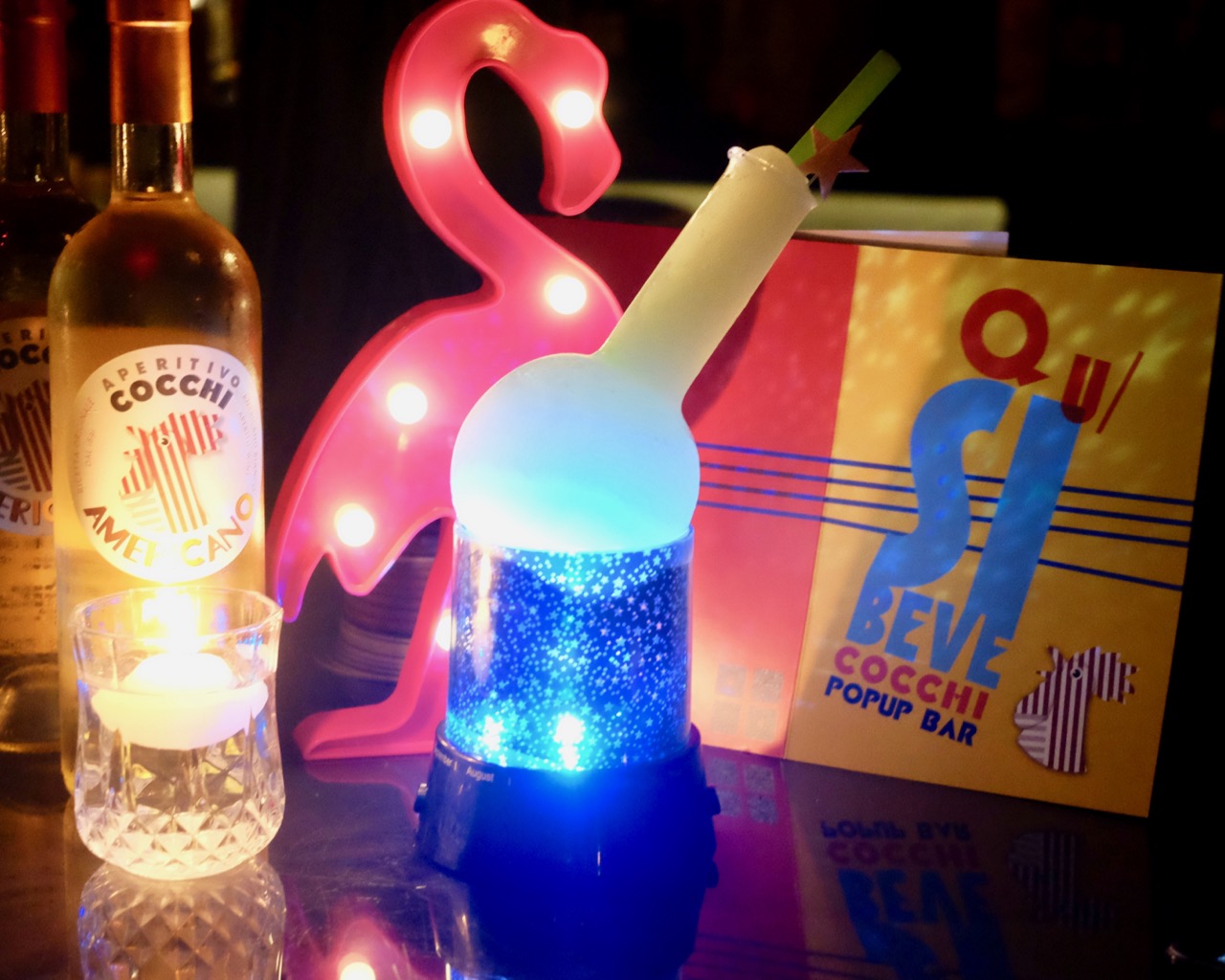
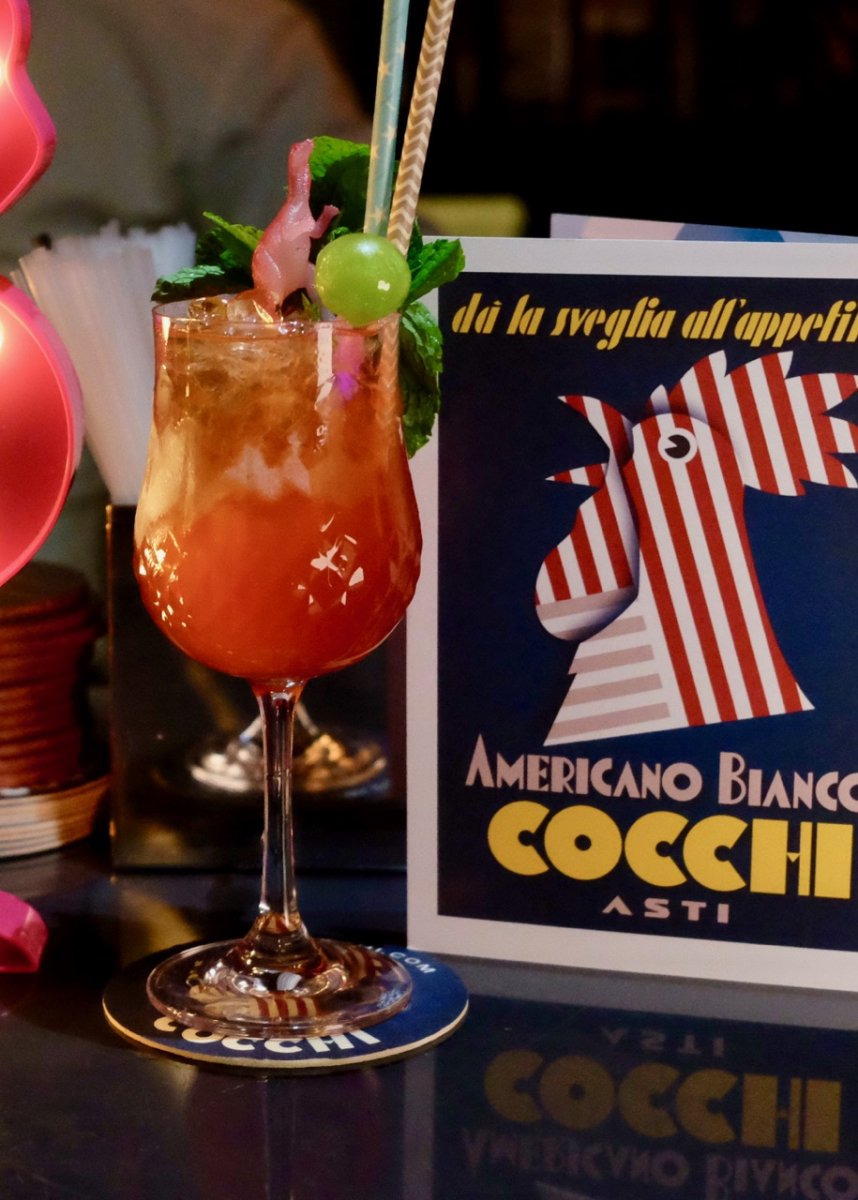 Her passion for vermouth is more than evident when she describes it. That enthusiasm is equally apparent on the menu, which features creativity like the RMB 80 frozen Negroni slushy. Made with Cocchi Vermouth Di Torino (a richly amber vermouth made with brown sugar instead of the standard vanilla, giving its sweetness a distinctive complexity), Cocchi Brut (a sparkling wine that is fruity and aromatic), Campari and grapefruit, which all combine for a slushy with tempting Negroni bitterness that lacks the sugariness which usually comes standard. Those who prefer citrusy summery drinks should instead go for the star master slushy (also RMB 80; pictured in the lead photo above), which is made with Cocchi Rosa, soda water, Cocchi Americano, Kew gin and lemonade, for a light and bright icy mixture that will remind you of your youth.
Her passion for vermouth is more than evident when she describes it. That enthusiasm is equally apparent on the menu, which features creativity like the RMB 80 frozen Negroni slushy. Made with Cocchi Vermouth Di Torino (a richly amber vermouth made with brown sugar instead of the standard vanilla, giving its sweetness a distinctive complexity), Cocchi Brut (a sparkling wine that is fruity and aromatic), Campari and grapefruit, which all combine for a slushy with tempting Negroni bitterness that lacks the sugariness which usually comes standard. Those who prefer citrusy summery drinks should instead go for the star master slushy (also RMB 80; pictured in the lead photo above), which is made with Cocchi Rosa, soda water, Cocchi Americano, Kew gin and lemonade, for a light and bright icy mixture that will remind you of your youth.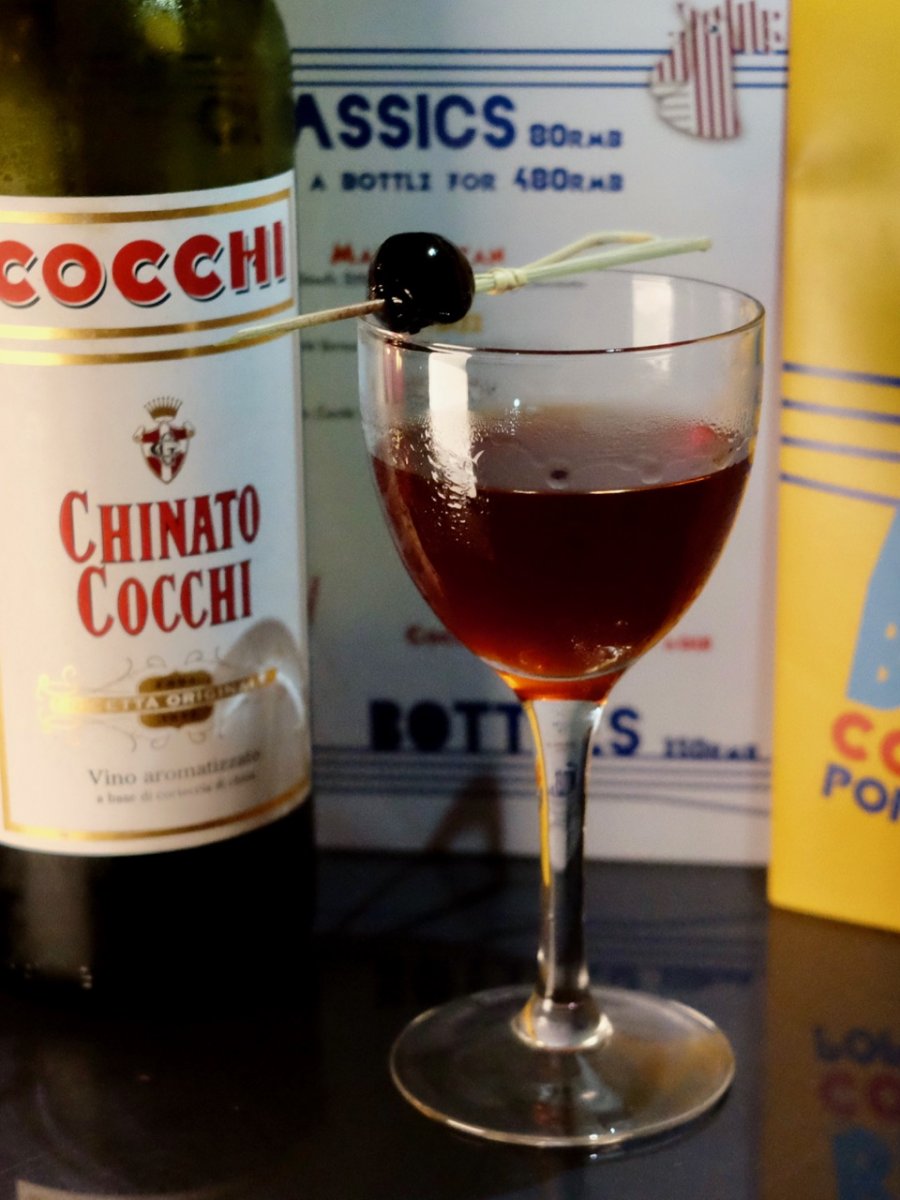 Anyone looking for less flashy options can try the trio of classic cocktails (all RMB 80 for a glass or RMB 480 for a bottle), which may have straightforward names but are elevated by their refined ingredients. Their Manhattan, for instance, has chocolate and Rittenhouse 100 rye whiskey (which is somewhat sweet and aromatic with a long, dry finish) along with Cocchi Barolo Chinato (a wine spiced with various roots that Italians have drunk for generations as a digestivos after a meal). The Negroni, meanwhile, features both the aforementioned Cocchi Vermouth Di Torino, Cocchi Dopo Teatro Vermouth Amaro (a richly bitter aperitif), along with Kew organic gin and Campari. That’s a lot of booze for one glass, meaning this one packs a wallop, but its pair of dueling aromatized wines also offer it a more subtly varied flavor than many standard Negronis, which are often too blatantly strong in flavor for those who have yet to acquire a taste for them.
Anyone looking for less flashy options can try the trio of classic cocktails (all RMB 80 for a glass or RMB 480 for a bottle), which may have straightforward names but are elevated by their refined ingredients. Their Manhattan, for instance, has chocolate and Rittenhouse 100 rye whiskey (which is somewhat sweet and aromatic with a long, dry finish) along with Cocchi Barolo Chinato (a wine spiced with various roots that Italians have drunk for generations as a digestivos after a meal). The Negroni, meanwhile, features both the aforementioned Cocchi Vermouth Di Torino, Cocchi Dopo Teatro Vermouth Amaro (a richly bitter aperitif), along with Kew organic gin and Campari. That’s a lot of booze for one glass, meaning this one packs a wallop, but its pair of dueling aromatized wines also offer it a more subtly varied flavor than many standard Negronis, which are often too blatantly strong in flavor for those who have yet to acquire a taste for them.
